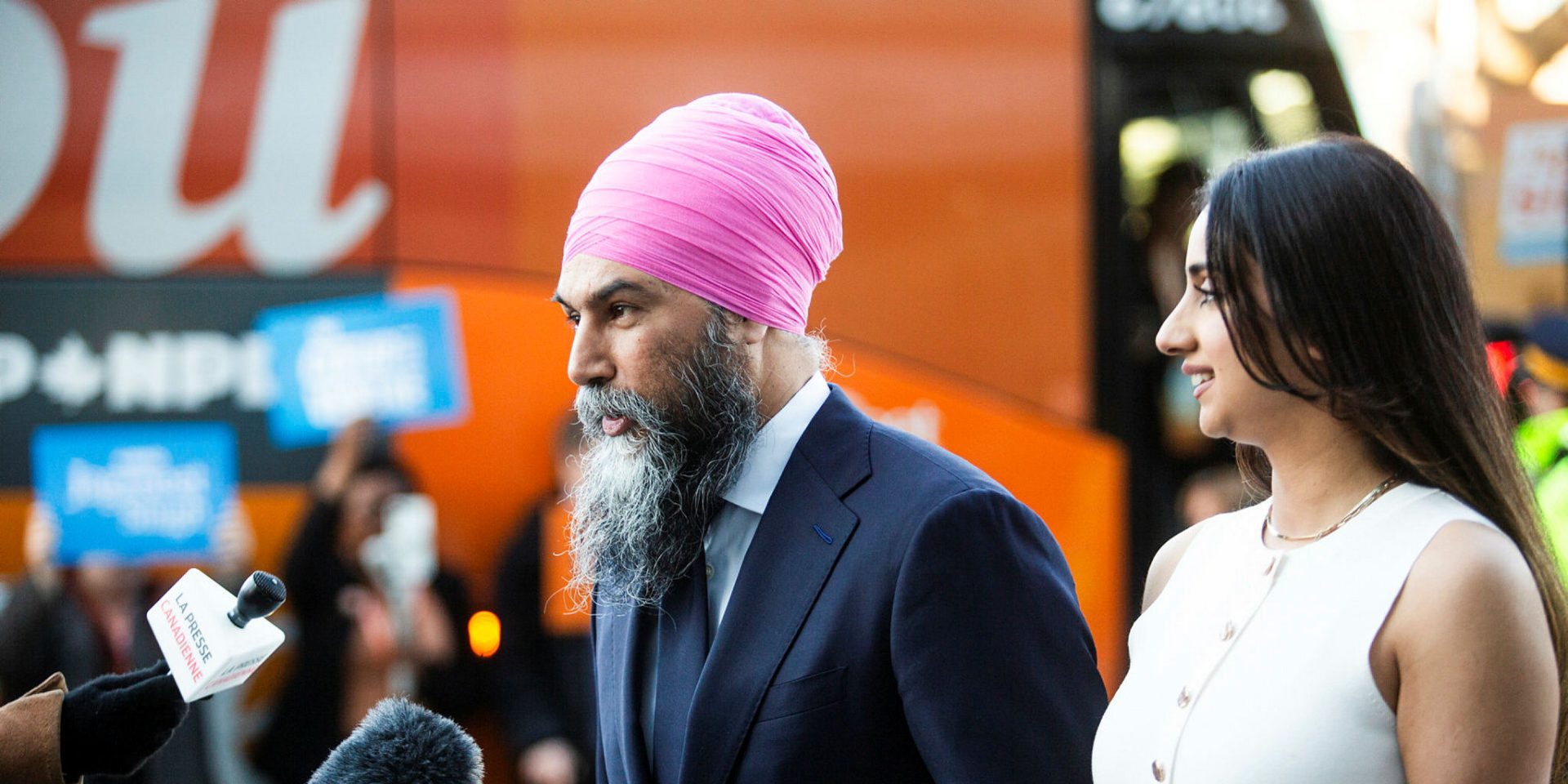Autopsy on the NDP election flop: don’t blame strategic voting

The New Democratic Party had its worst result ever in April’s federal election. Merely six per cent of voters supported the NDP. Only seven NDP candidates won seats in Parliament. For a result almost that bad you need to go back to 1993 when the party won nine seats.
Some blame the party’s downfall on strategic voting by NDP supporters casting ballots for Liberal candidates to foil Pierre Poilievre’s Conservatives. But blaming the NDP’s collapse on strategic voting is like faulting your car for breaking down. It’s not the car’s fault. Did you neglect to have your spark plugs, fluids, and battery checked?

When the NDP conducts an autopsy on this year’s campaign, party officials will be tempted to ask how they can stop strategic voting. But the right question is how to get millions of voters so attached to the NDP that they don’t defect at election time.
The NDP’s biggest barrier to power is its poor reputation as a caretaker of the economy. Since its first campaign in 1962, the federal party has lost 20 straight elections. Through that entire time, opinion polls consistently found voters distrust the NDP’s economic aptitude.
In 1978, 10 per cent of eligible voters surveyed by the Canadian Gallup Poll agreed “the financial and economic situation in this country would be worse” with “a Conservative government in Ottawa.” But three times as many (30 per cent) said it would be worse with an NDP government.
In 1997, 46 per cent of voters told an Angus Reid/Southam News poll that the Liberals would do the best job managing the economy. Just six per cent said the NDP would.
At the start of the 2019 election campaign, an Ipsos poll found that only four per cent of voters believed the NDP was the best party to handle the economy, compared with 43 per cent who said the Conservatives and 30 per cent the Liberals.
This year when Ipsos asked voters to name the party whose leader is best described as “someone who is best to manage during tough economic times,” 43 per cent picked the Liberal Party and 28 per cent the Conservatives.
Only four per cent said the NDP.
The party’s low credibility on handling the economy is its own fault. Then-leader Jagmeet Singh’s rants on “excessive profits” and “corporate greed” taint the party as anti-business. Demonizing profits disconnects the NDP from voters, especially private-sector workers and their unions. Union bargaining committees would rather negotiate with a highly profitable employer than a financially struggling company.
Attacking profits is a mistake because there are more than twice as many shareholders (12.5 million) as union members (five million). Owning shares makes investors, big or small, feel that rising profits are good.
Provincial NDP leaders who take their parties to victory don’t castigate businesses for “corporate greed.” NDP premiers entice CEOs to invest in their provinces (with assurances that firms will make healthy profits).
To gain voters’ trust on economic issues, New Democrats need to think unconventionally. For example, the party could work with business-friendly groups on problems where their policies overlap. The NDP might host town halls and webinars with local branches of the Chamber of Commerce, free-enterprise think tanks, or local boards of trade on assisting small business, job training, improving productivity, expanding trade, safeguarding workers who deal with artificial intelligence, and reforming shareholders’ rights. Imagine the next NDP leader saying, “When the Chamber of Commerce and the NDP agree, governments should pay attention.”
The future new NDP leader, candidates, and members of Parliament should talk in ways that show New Democrats grasp the driving forces in successful economies. MPs should spice their speeches and remarks in Question Period with economic idioms such as entrepreneurs, innovation, exchange rates, dividends, capital markets, investment returns, and balance sheets.
Every few months, the NDP could canvass economists in unions, businesses and post-secondary schools and circulate a consensus of their forecasts for interest rates, inflation, unemployment, the exchange rate and other economic indicators.
The NDP will never win an election while voters perceive the party as anti-business or anti-profit. But New Democrats won’t have to worry about strategic voting if Canadians believe an NDP government would be good for this country’s economy.
Marc Zwelling is the founder of the Vector Poll™ and has been an opinion researcher for more than 30 years. He is the author of Public Opinion and Polling For Dummies, and Ideas and Innovation For Dummies.
The Hill Times





 LICENSING
LICENSING PODCAST
PODCAST ALERTS
ALERTS


